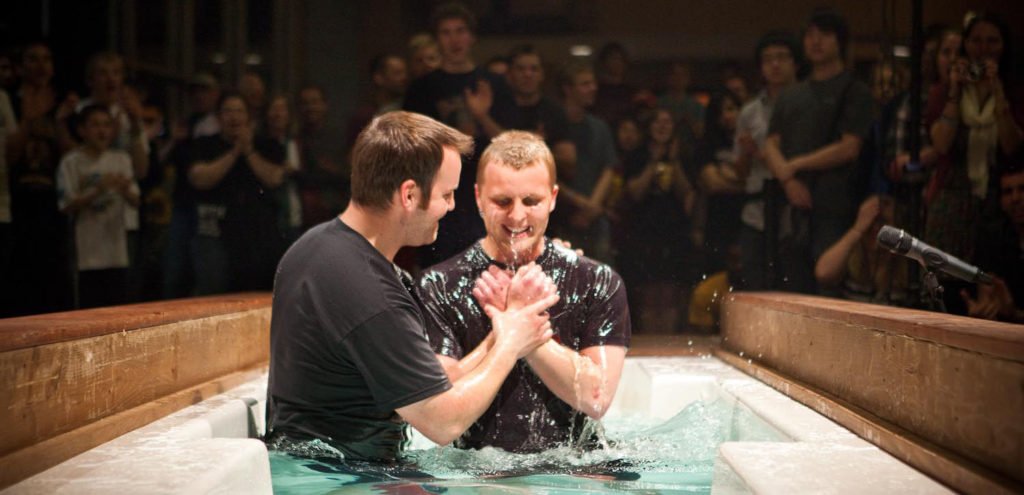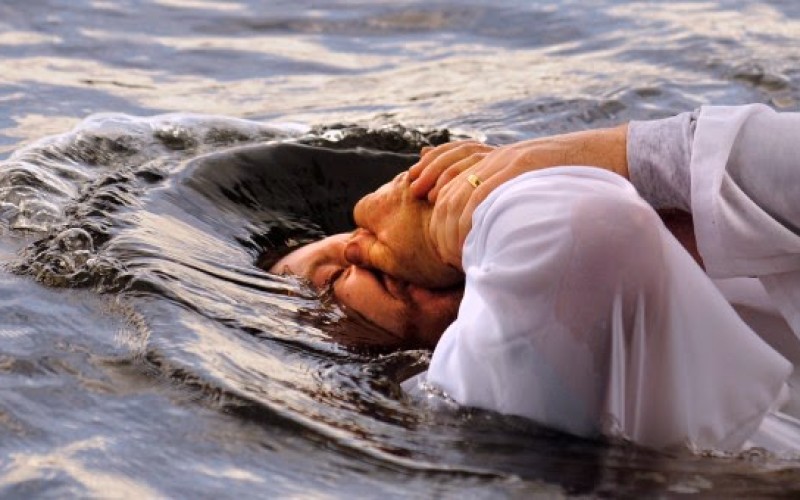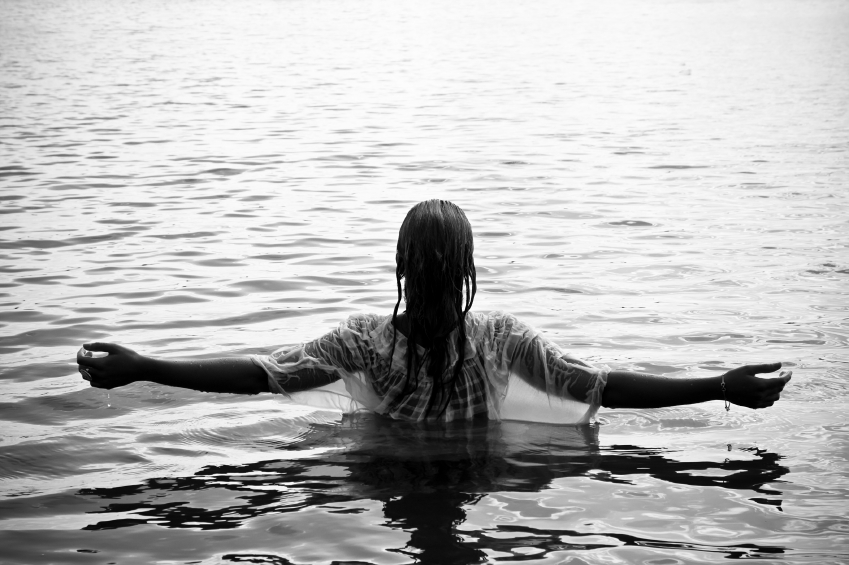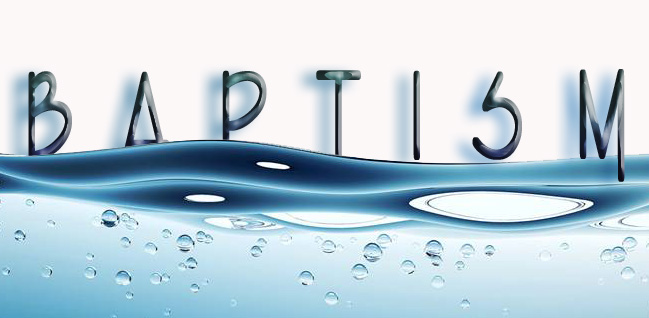You’re not baptized by yourself. Baptism is not a private deal. When you’re baptized into the name of Jesus Christ, you’re baptized into his community. You become part of God’s eternal people. It’s not only unity for you with Christ, it’s also unity in Christ will all baptized followers of our Lord.
“You are all children of God through faith in Christ Jesus, for all of you who were baptized into Christ have clothed yourselves with Christ. There is neither Jew nor Greek, slave nor free, male nor female, for you are all one in Christ Jesus.” ~Galatians 3:26-28
This is a bold, radical, mind-blowing claim for any Christian living in America in 2018. Because whatever our society is, it cannot be called “one” in anything. It’s almost impossible to find unity anywhere. There are more and more options, which means more and more opinions, and more and more platforms to declare those more and more opinions. We’re inventing new ways to disagree with each other. We’re identifying new ways we’re different from each other. We can’t find unity in a country or in a family or in a neighborhood or in a middle school choir. There’s only one place to experience the realities of unity and togetherness and community: through baptism into Christ.
We are not baptized into a nation or a political party. We’re not baptized into a denomination or a faith tradition. We’re not baptized into an economic brackets or a language or a skin color or a blood type. We are all baptized into Christ.
Baptism is not just about an individual’s conversion. It’s also very much about being initiated into a community. Baptism allows you to participate in the Gospel and it makes you a member of God’s eternal people. Baptism creates an eternal unity with all followers of Jesus. There are no divisions at all among baptized disciples.
When there were divisions in that church in Corinth and people were dividing between rich and poor, men and women, tongue speakers and prophesyers, favorite preachers and teachers — yes, just like today, people divide and pick sides and decide who’s right and who’s wrong and split up accordingly — Paul addresses it head-on. Right out of the gate in 1 Corinthians:
“Hey, this is Paul. How’s it going? What’s the matter with you?!? Is Christ divided?!? Was Paul crucified for you?!? Were you baptized into the name of Paul?!?
When the unity of the church and the integrity of the Gospel is at stake, Paul reminds them of their baptisms. We were all baptized by one Spirit into one body, Paul writes, whether Jews or Greeks, slave or free. Which, by the way, sounds a lot like Ephesians 4:
“Make every effort to keep the unity of the Spirit through the bond of peace. There is one body and one Spirit — just as you were called to one hope when you were called — one Lord, one faith, one baptism; one God and Father of all, who is over all and through all and in all.”
And that sounds a lot like Galatians 3.
There is neither Jew nor Greek, Texan nor Mexican, American nor Syrian, for you are all one in Christ Jesus.
There is neither slave nor free, Republican nor Democrat, Church of Christ nor Presbyterian, for you are all one in Christ Jesus.
There is neither male nor female, black nor white, old nor young, for you are all one in Christ Jesus.
For some reason, our Lord chose you. And he chose me. And he has united us to him forever and he has inseparably united us to one another in him. In baptism. What a gift. What a challenge.
Peace,
Allan








Recent Comments